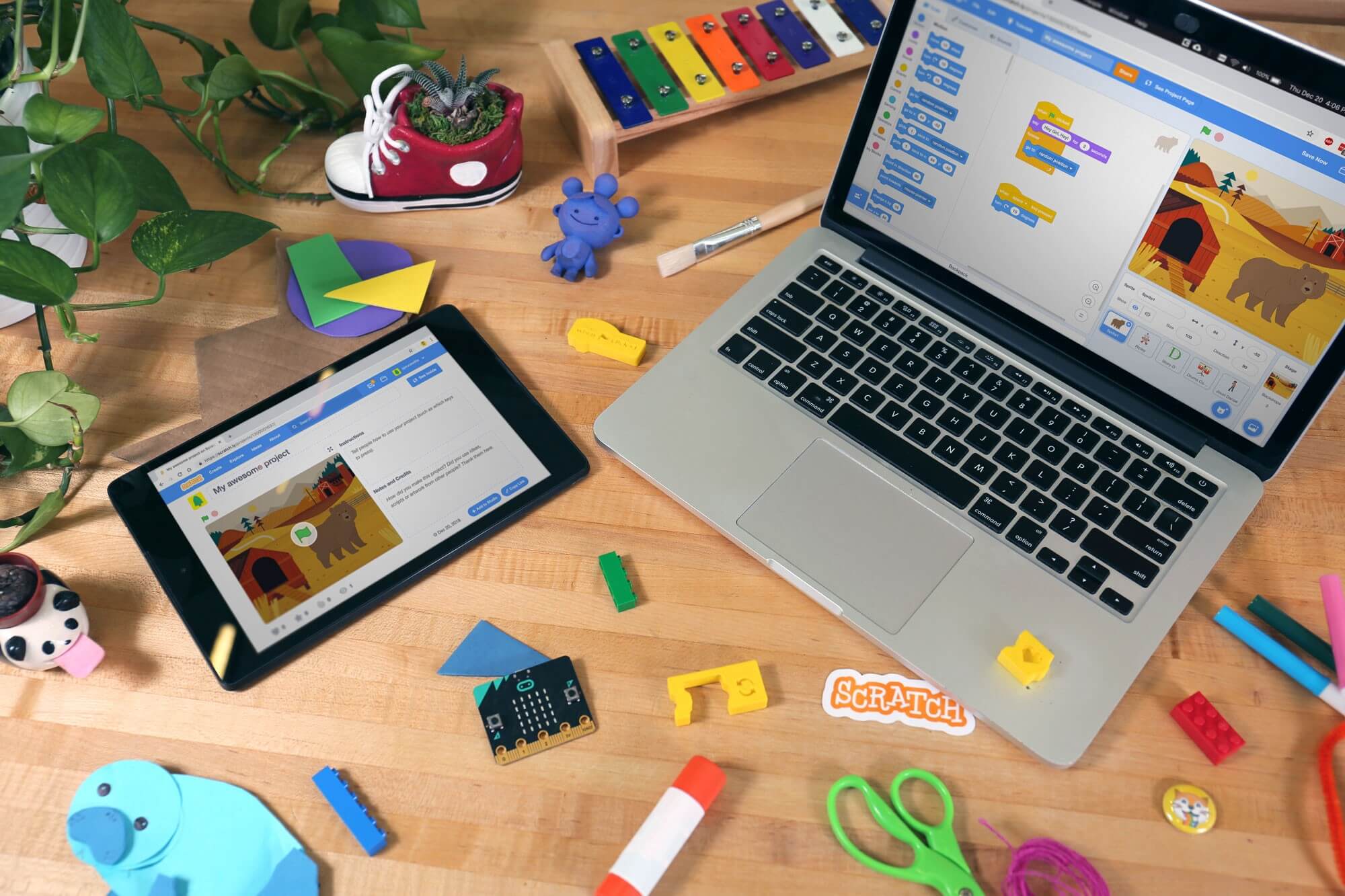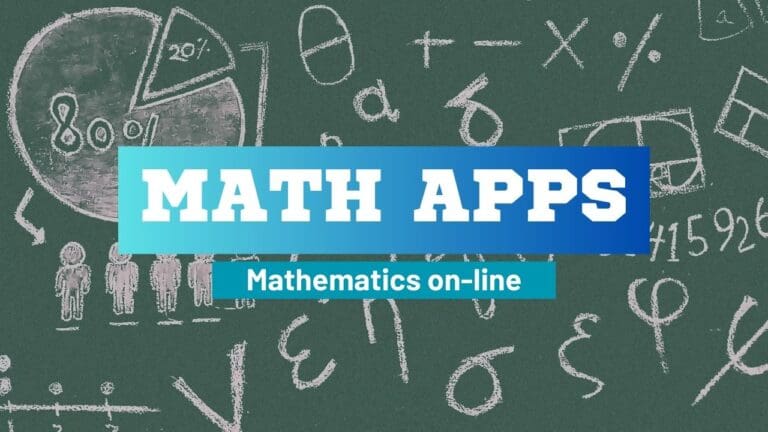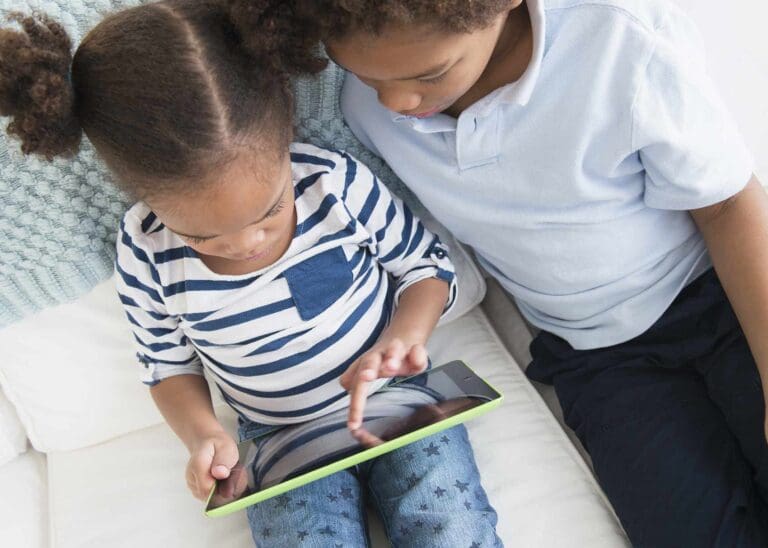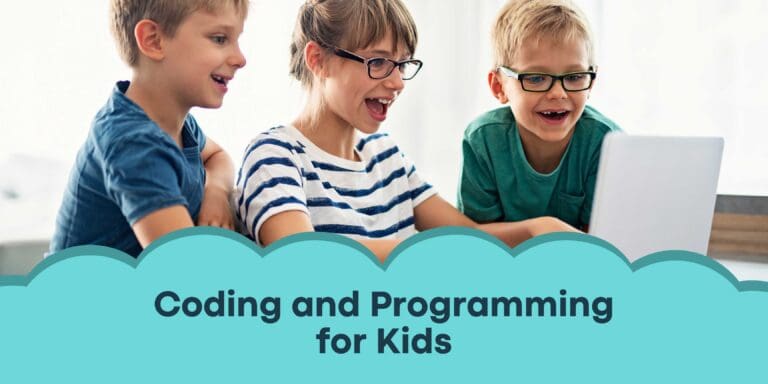Coding for Kids: A Comprehensive Beginner’s Guide
Coding for kids is essential to developing in today’s technology-driven world. As a parent or educator, you can introduce children to the exciting world of computer programming through a variety of fun and interactive resources. With the right tools, kids can learn to think creatively, work collaboratively, and reason systematically while building a strong foundation in computer science.
There are numerous platforms designed specifically for teaching coding to children, such as Code.org, Tynker, Scratch, and CodeMonkey. These resources offer kids the opportunity to engage in coding activities, from simple block-based programming to more advanced text-based coding languages. By using these tools, your child will develop vital problem-solving and critical-thinking skills that can benefit them in their everyday lives and future careers.
Rest assured, you don’t need to be a coding expert to help your child learn these valuable skills. With a supportive environment and access to engaging coding resources, you can empower your child to create, innovate, and develop a lifelong passion for learning about technology and computer science.
Why Coding for Kids
Coding for kids is essential in today’s technology-driven world. Let’s explore the cognitive benefits, the future job market, and how coding can enhance creativity in children.
Cognitive Benefits
When children learn to code, they develop critical thinking and problem-solving skills, which can greatly benefit their cognitive abilities. Moreover, coding helps improve writing and math skills while teaching valuable soft skills that will be useful throughout their lives and careers.
Future Job Market
As technology advances, coding becomes an increasingly important skill in the job market. Children can be better prepared for future job opportunities in computer programming, software development, data analysis, and more by learning coding at a young age. In addition, coding skills can be beneficial in a wide range of industries, making it a versatile and valuable asset.
Enhancing Creativity
Coding stimulates children’s creativity by allowing them to experiment and build their own projects. Learning how to code can inspire them to create unique websites, applications, games, or digital art, strengthening their creative thinking abilities. In turn, this newfound ability to innovate can boost their self-confidence and sense of accomplishment.
Choosing a Coding Language
When deciding on the best coding language for your child, choosing a language that is easy to learn, has practical applications, and will be beneficial in the future is essential. This section will explore three popular coding languages for kids: Scratch, Python, and JavaScript.
Scratch
Scratch is a beginner-friendly programming language specially designed for kids. With its drag-and-drop interface, Scratch allows children to create interactive stories, games, and animations without needing to write code. This language is perfect for younger kids who are just starting with coding, as it helps them develop logical thinking and problem-solving skills.
Python
Python is another great option for kids learning to code. Its syntax is simple and easy to read, making it an excellent choice for beginners. Python also has a large community and numerous libraries, so your child will have access to many resources as they learn. Additionally, Python is widely used in various industries, such as web development, data science, and artificial intelligence, offering a solid foundation for your child’s future coding endeavors.
- Easy-to-read syntax
- Large community and resources
- Used in various industries
JavaScript
Lastly, JavaScript is a versatile language for kids who are interested in web development. JavaScript is a must-know language for creating interactive websites and mobile applications. As your child becomes proficient in JavaScript, they will be able to develop and customize their websites, giving them a valuable skill set for the digital age.
| Language | Best For |
|---|---|
| Scratch | Young beginners, developing logical thinking |
| Python | Easy syntax, extensive applications |
| JavaScript | Web development, interactive websites |
When choosing a coding language for your child, consider their interests, age, and future goals. Each language has its advantages and specific applications, making it essential to find the best fit for your child’s needs.
Coding Resources
In this section, you’ll find helpful resources to enhance your child’s coding skills.
Online Courses
There are several platforms that provide coding courses for kids. Getting started with Code.org is a great choice as they offer Hour of Code activities that cater to all ages and are available in over 45 languages. For more advanced courses in Python, JavaScript, and other programming languages, Tynker has an extensive range of offerings suitable for both pre-readers and experienced learners.
Coding Apps
Many coding apps are available to help kids practice their programming skills. Scratch is a popular app that allows children to create interactive media such as stories, games, and animations while learning the fundamentals of programming. For high schoolers, CodinGame provides opportunities to improve existing skills through engaging gameplay, coding puzzles, and multiplayer activities.
Books and Magazines
There are numerous books and magazines focused on teaching coding to kids. Some titles to explore include:
- “Coding for Kids: Python” by Adrienne B. Tacke
- “Girls Who Code: Learn to Code and Change the World” by Reshma Saujani
- “Hello Ruby: Adventures in Coding” by Linda Liukas
Look for other resources online and at your local library to help your child dive deeper into coding and computer programming.
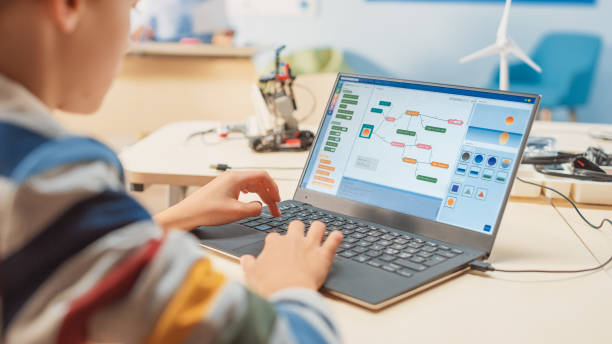
Fun Coding Projects
Engaging in fun coding projects is an excellent way for kids to develop their programming skills and explore different aspects of coding. Here are some interesting coding projects for kids, divided into three sub-sections:
Building A Game
Building their own games is one of kids’ most exciting coding projects. By creating a game, young coders can develop their problem-solving skills and learn programming concepts such as conditionals, loops, and variables. For example, kids can start by building their own version of classic Pong with Swift Playgrounds or create a choose-your-own-adventure game using Python.
Creating A Website
Building a website allows kids to learn web development skills such as HTML, CSS, and JavaScript. They can start by creating a simple website about their favorite hobbies or interests and gradually add more advanced features as they gain confidence in their coding abilities. As they progress, they can incorporate responsive design for mobile devices, create interactive elements using JavaScript, and even integrate third-party APIs for additional functionality.
Robotics
Working with robots is another fascinating coding project for kids. It enables them to gain hands-on experience in programming and hardware interactions, inspiring creativity and promoting logical thinking. There are many programmable robots available, such as Sphero, that provide beginners with fun coding activities involving robots. As they become more experienced, they can experiment with more complex projects or even build their own custom robots.
Coding Competitions and Events
As a parent, teacher, or student, you may be wondering how to get involved in coding competitions and events. These opportunities offer an exciting way to learn, practice, and showcase your coding skills. This section will provide you with an overview of the types of events available and how to participate.
Hackathons
Hackathons are time-limited events where you and your team work together to develop a project or create a solution using coding skills. These events encourage creativity, teamwork, and problem-solving. To participate, look for local or online hackathons that cater to kids, attend hackathons hosted by educational institutions, or sign up for coding competitions on platforms like Hackathon Jr.
Coding Challenges
Coding challenges are competitions where you submit projects or solutions to specific prompts or problems.To find the right coding challenge for your age and skill level, you can explore platforms like Codewars, Project Euler, and HackerRank.
Clubs and Organizations
Joining a coding club or organization can help you develop your coding skills and connect with like-minded peers. Some popular clubs and organizations include:
- Code.org – Offers resources for all ages and hosts Hour of Code events.
- ScratchJr – Designed for young children (ages 5-7) to learn code through interactive stories and games.
- CoderDojo – A global network of volunteer-led coding clubs for kids aged 7-17.
By participating in hackathons, coding challenges, and joining clubs or organizations, you’ll broaden your horizons, learn new skills, and gain valuable experience in the world of coding.
Helping Kids Succeed in Coding
In this age of technology, coding has become an essential skill for kids to learn. Here are some ways you can help your kids flourish in the world of coding.
Parental Support
As a parent, your support plays a crucial role in your child’s success. Your encouragement and guidance will help them develop their coding skills effectively. Start by understanding the basic coding concepts and the tools available for kids to learn coding, such as Code.org.
Encourage your child to practice regularly and help them set achievable goals. Remember to be patient, as coding can be challenging at times. It’s essential to remain positive and support your child’s efforts along the way.
Creating a Learning Environment
Create an environment that allows your child to focus on their coding practice. Allocate a specific space at home dedicated to your child’s learning, with access to necessary resources such as a computer or tablet.
Introduce your child to various online platforms, such as Tynker and Kodable, that cater to different age groups while offering interactive learning experiences. You can also find apps and games that teach coding concepts in a fun and engaging manner.
Encouragement
Recognize your child’s achievements in coding, no matter how small, and celebrate their milestones. Encouragement helps build confidence and motivates them to keep working towards their goals.
Provide opportunities for your child to share their coding projects with friends and family. This will instill a sense of pride and accomplishment, further driving their passion for coding. Remaining actively engaged in your child’s coding journey is essential for their success.
FAQ
How do I start my child in coding?
There are several programming languages and online resources that can help your child start learning to code. Some excellent resources available for kids are Code.org, Scratch and Tynker. Each website offers various tutorials, games, and activities to help kids grasp the concepts of programming in an enjoyable and interactive way.
How do I get my 7 year old into coding?
For a 7-year-old, start with a kid-friendly programming language such as Scratch, which is designed to be intuitive and visually appealing. It allows kids to create and share interactive media like games, animations, and stories while learning the basics of coding. Engaging them in fun activities and encouraging them as they explore coding concepts is important.
Is 17 too old to start coding?
It is never too late to start learning to code. Age is not a barrier when it comes to software development, and learning coding at 17 can still provide valuable skills for future career opportunities. Many online resources, such as ComputerScience.org, offer tutorials, learning guides, and other resources catering to people of diverse ages and levels of experience.

